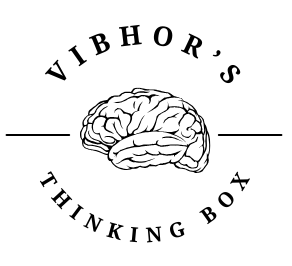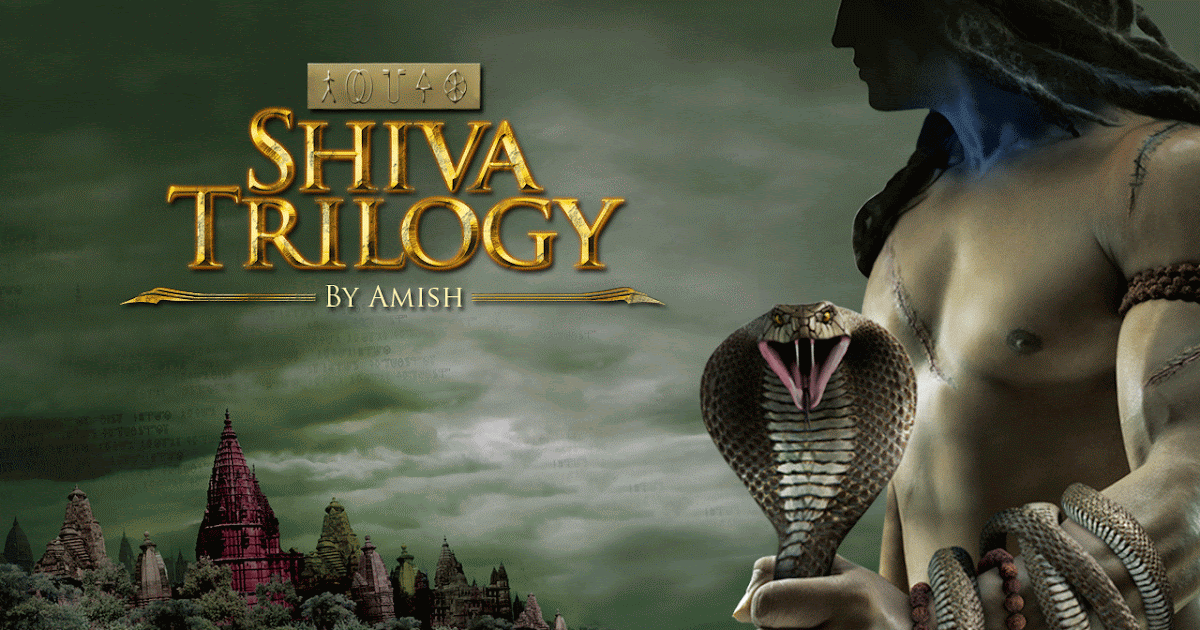|
Getting your Trinity Audio player ready...
|
The Shiva Trilogy, penned by the ingenious Amish Tripathi, stands as a modern-day literary marvel, comprising “The Immortals of Meluha,” “The Secret of the Nagas,” and “The Oath of the Vayuputras.” I started reading Shiva Trilogy in 2020 during the Covid lockdown and learned various lessons which I also inculcated in my daily life. As we step into 2024, it’s opportune to explore the profound takeaways from this trilogy, which not only narrates an enthralling tale but also imparts invaluable life lessons.
1. The Power of Mythology
Amish Tripathi masterfully weaves Hindu mythology into a contemporary narrative, creating a seamless blend of ancient wisdom and modern relevance. The mythology of Lord Shiva is so engaging that it provides a unique perspective that helps us understand our cultural roots and their significance in navigating the challenges of the present.
2. Character Development
At the heart of the trilogy lies the captivating evolution of characters, particularly the protagonist, Shiva. His journey- from a mortal caught in the struggles of destiny to the revered Mahadev- becomes a metaphor for our quests for self-discovery and personal growth, which mirrors the complexity of the human experience.
3. Leadership Lessons
Shiva’s journey is not just a mythological saga but a compelling leadership manual. His ability to inspire, adapt, and make tough decisions offers a blueprint for effective leadership, highly relevant in the dynamic landscape of modern times. In a world struggling with unprecedented challenges, the trilogy becomes a source of timeless leadership lessons.
4. Moral Dilemmas
The book series introduces characters grappling with moral difficulties, prompting us to ponder the ethical dimensions of their own choices. As we confront contemporary issues, the dilemmas faced by Shiva and his companions serve as a mirror reflecting our moral struggles, encouraging thoughtful.
5. Cultural Significance
Rich cultural engagements are interwoven throughout the trilogy, developing a deep appreciation for diversity. The book series shows different perspectives and traditions encouraging a broader understanding of our interconnected world. In the context of 2024’s global confrontations, this appreciation becomes increasingly relevant.
6. Love and Relationships
Shiva Trilogy delves into the intricacies of love and relationships, going beyond conventional romantic notions. The bonds between the characters serve as a nostalgic reminder of the importance of companionship, trust, and understanding in our lives. The trilogy’s exploration of various facets of relationships adds a layer of emotional depth.
7. Political Intrigues
The trilogy’s political landscape unfolds with intricacies similar to the real-world complexities of present-day politics. Unscrupulous schemes, alliances, and power struggles depicted in the narrative offer brilliant observations on the nature of governance.
8. Timeless Wisdom
From philosophical reflections on life and death to profound insights into the nature of existence, the trilogy imparts wisdom that transcends temporal boundaries. These timeless gems become guiding beacons for readers navigating the complexities of the modern world.
9. Themes of Good and Evil
The trilogy navigates the nuances of morality with exceptional subtlety, challenging us to question preconceived notions of good and evil. As we confront moral complexities in the real world, the storyline serves as a compass, guiding readers through the gray areas and encouraging a deeper understanding of the complexity of human nature.
Recommendations
For those hungry for more literary exploration, recommendations include delving into other works that offer a similar blend of mythology, philosophy, and contemporary relevance. We encourage the readers to also explore another work of Amish Tripathi- The Ramchandra Series, comprising “RAM- SCION OF IKSHVAKU“, “SITA- WARRIOR OF MITHILA“, “RAAVAN-ENEMY OF ARYAVARTA” and “WAR OF LANKA.” These additional readings can further enrich the reader’s understanding of diverse perspectives, creating a literary experience that extends beyond the confines of the Shiva Trilogy.
FAQs
- Is the Shiva Trilogy suitable for readers unfamiliar with Hindu mythology?
– Yes! While rooted in Hindu mythology, the trilogy is crafted in a way that makes it accessible and engaging for readers from all backgrounds. Amish Tripathi’s storytelling is not limited to cultural boundaries.
- Are the lessons in the Shiva Trilogy applicable to real-life situations?
– Yes, many of the lessons, especially those on leadership, morality, and relationships, are highly applicable to real-life situations. The trilogy’s exploration of the human experience makes it universally relevant.
- How does the trilogy handle the theme of good and evil?
– The trilogy navigates the theme of good and evil with exceptional nuance, challenging traditional dichotomies. It prompts readers to reflect on the complexity of morality, offering a nuanced understanding of human nature.
- What makes the Shiva Trilogy stand out among other mythological fiction?
– The Shiva Trilogy stands out for its seamless integration of mythology, philosophy, and contemporary relevance. The compelling characters, intricate plot, and profound themes contribute to its uniqueness in the genre.






There is deliberate elegance in your writing, where structure and flow harmonize. Each sentence contributes to a cohesive rhythm, inviting the reader to pause, contemplate, and engage fully with layered ideas and feelings.